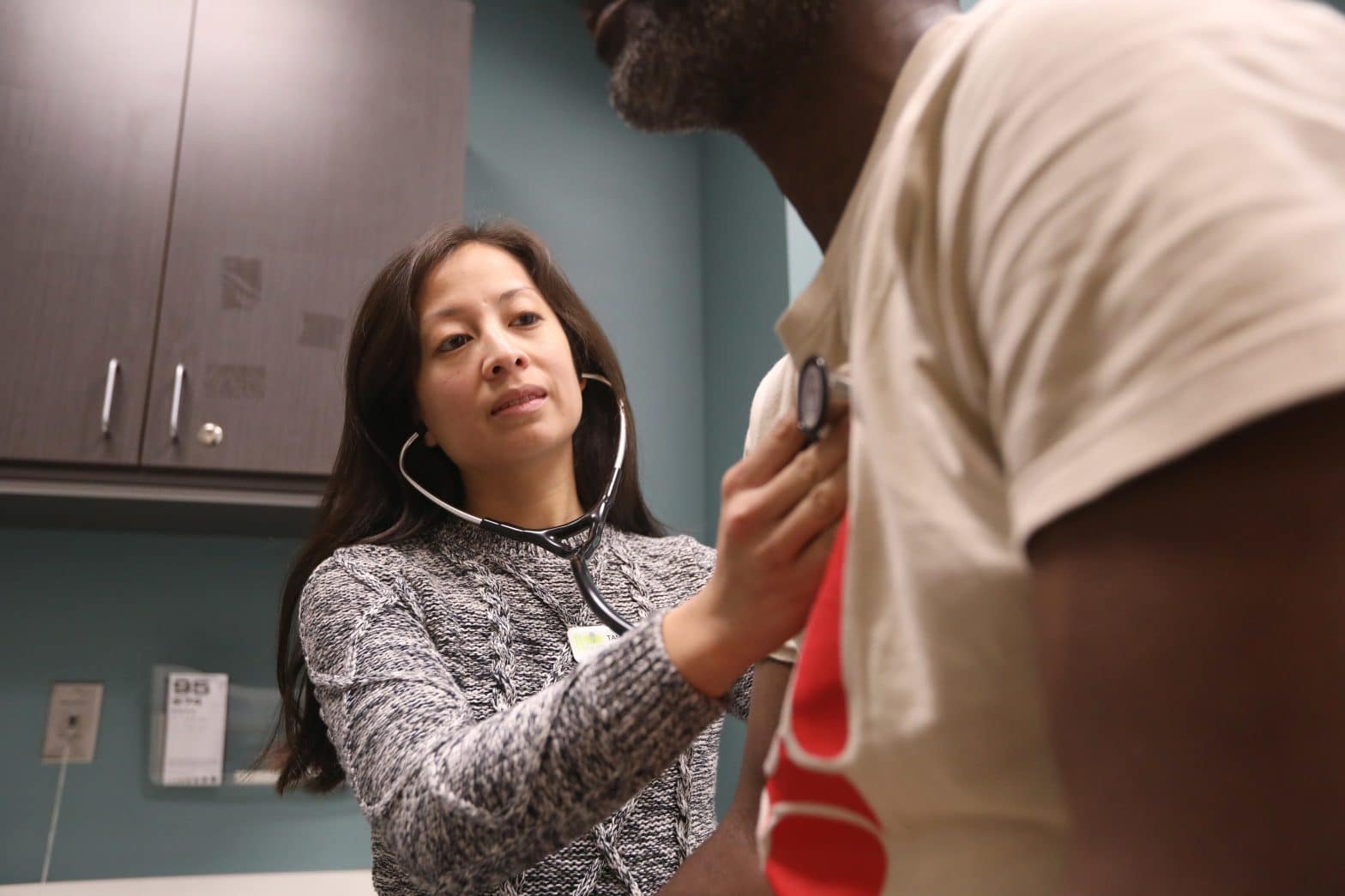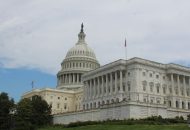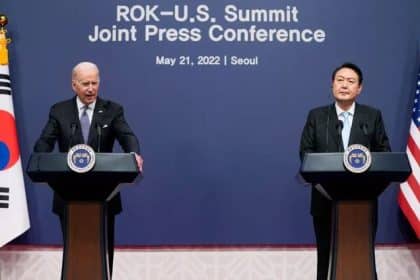It Is Time We Come Together to Put Patients First

Envision Healthcare is a national physician-led organization of clinical professionals who work alongside hospitals, health systems and insurance companies. A leading national provider of emergency medicine services across the United States, Envision’s emergency medicine and hospital medicine clinicians treated more than 19.7 million emergency department visits in 2018.
—
The system that determines how and what patients are billed after receiving medical care is inherently flawed. It is a process that is obscure and convoluted, and as a result, patients may face surprise gaps in coverage for emergency health care services they receive. As the doctors who are dedicated to the health and well being of our patients above all else, we know that operating within the current system is unsustainable.
As the leading national provider of facility-based physician services, including emergency medicine services, anesthesia, inpatient hospitalist medicine and radiology, it is particularly disheartening to watch as these dedicated physicians and clinicians are vilified for surprise gaps in health insurance coverage.
No patient seeking quality healthcare should fear financial distress due to surprise gaps in insurance coverage. However, with an overly complex and inherently flawed healthcare reimbursement system, both patients and doctors are often left in the dark. There are a number of driving forces behind this issue. Providers have a social contract to treat all patients, regardless of their ability to pay, in emergent situations. Patients enrolled in high deductible health plans are unaware of potential financial consequences that come along with those plans. As the doctors and clinicians, many times we see patients in emergent settings for a condition that escalated because they delayed seeking care. Too often patients are forced to place financial considerations ahead of their care. The inevitable delays result in higher acuity, more expensive cases.
As health care providers, our priority is always our patients. That is why we believe it is critical the healthcare community must come together to establish a simple, fair and equitable billing process that does not put the patient in the middle.
Doctors, insurance companies and policymakers have a responsibility to unite to be part of a solution that protects patients from surprise gaps in coverage. This complex problem requires a multifaceted solution, and all members of the healthcare community must be equally committed to coming to a resolution. That is why we are eager to work with insurance companies and legislators in a productive and fair manner to ensure that our patients are not saddled with unexpected bills.
Solutions to Address the Critical Issue of Surprise Gaps in Insurance Coverage
- Limit patient responsibility to only their in-network cost sharing rates. The cost sharing amount must include deductibles.
- Ensure that any federal legislation applies to ERISA plans.
- Use an alternative dispute resolution process to determine reimbursement. An alternative dispute resolution process should be established for circumstances where the minimum payment standard is insufficient. When determining the appropriate reimbursement arbitrators should be required to consult rates available through an independent, objective, third-party database. Additionally, this process must apply to both ERISA and fully insured plans.
- Prevent retroactive denials for emergency care based on final diagnosis.
- Establish network adequacy standards with strong oversight and enforcement to prevent overly narrow provider networks. The standards must include, but not limited to, adequate ratio of specialty physicians to patients, as well as geographic and driving distance standards and maximum wait times.
These are commonsense steps we can take to address this critical issue facing so many Americans. Combined, these solutions would give patients the freedom to access emergency care without the worry of unanticipated medical bills.
On our end, Envision has spent years shining a bright light on an increasingly dysfunctional system and offering productive solutions to better serve all constituents with patients always being the top priority. Over the past year, we have led the charge in shaping solutions and boldly announced our strategic commitment to a comprehensive in-network strategy.
In 2017, Envision migrated nearly $500 million of out-of-network revenue to in-network status. For 2018, we targeted the migration of another $250 million of out-of-network revenue. Now, more than 90 percent of Envision’s work is in-network, and that number will continue to grow.
As doctors, the health and well-being of our patients are at the core of everything we do — both clinically and in regard to our business practices. It is time Congress took bold action, with everyone at the table, to fix the current system by removing the patient from the middle.
—
In addition to his duties at Envision Healthcare, Dr. Russell H. Harris is the Vice Chief of the Department of Emergency Medicine at Our Lady of Lourdes Medical Center in Camden, NJ, a position he has held for more than 20 years. He serves on the emergency medicine faculty of Thomas Jefferson University and is a frequent lecturer to residency programs. Harris is a past president of the New Jersey Chapter of the American College of Emergency Physicians (ACEP). He also served on ACEP’s EMTALA Task Force and in 2008 was recognized as a leader in governmental advocacy and Hero of Emergency Medicine. Harris received his master’s of Medical Management degree from Tulane University and is active in the American College of Physician Executives (ACPE). He has published more than 20 publications in medical journals and textbooks. Harris served a two year term as the health policy fellow assigned to the New Jersey State Senate Health Committee. He is a retired captain of the US Navy, having received two Navy Achievement Medals. Harris is currently serving on the Governor of Pennsylvania’s Advisory Health Board.

























